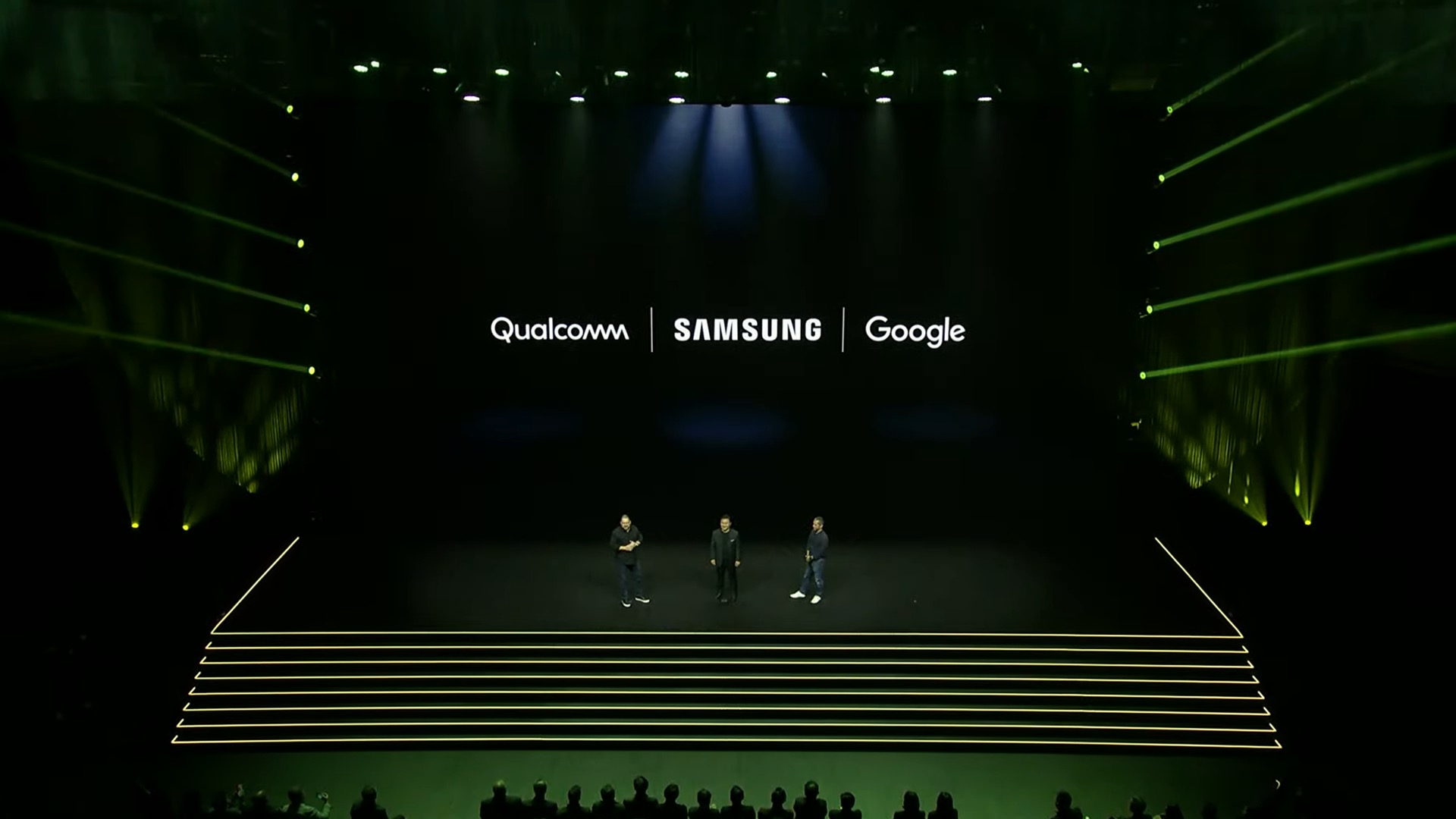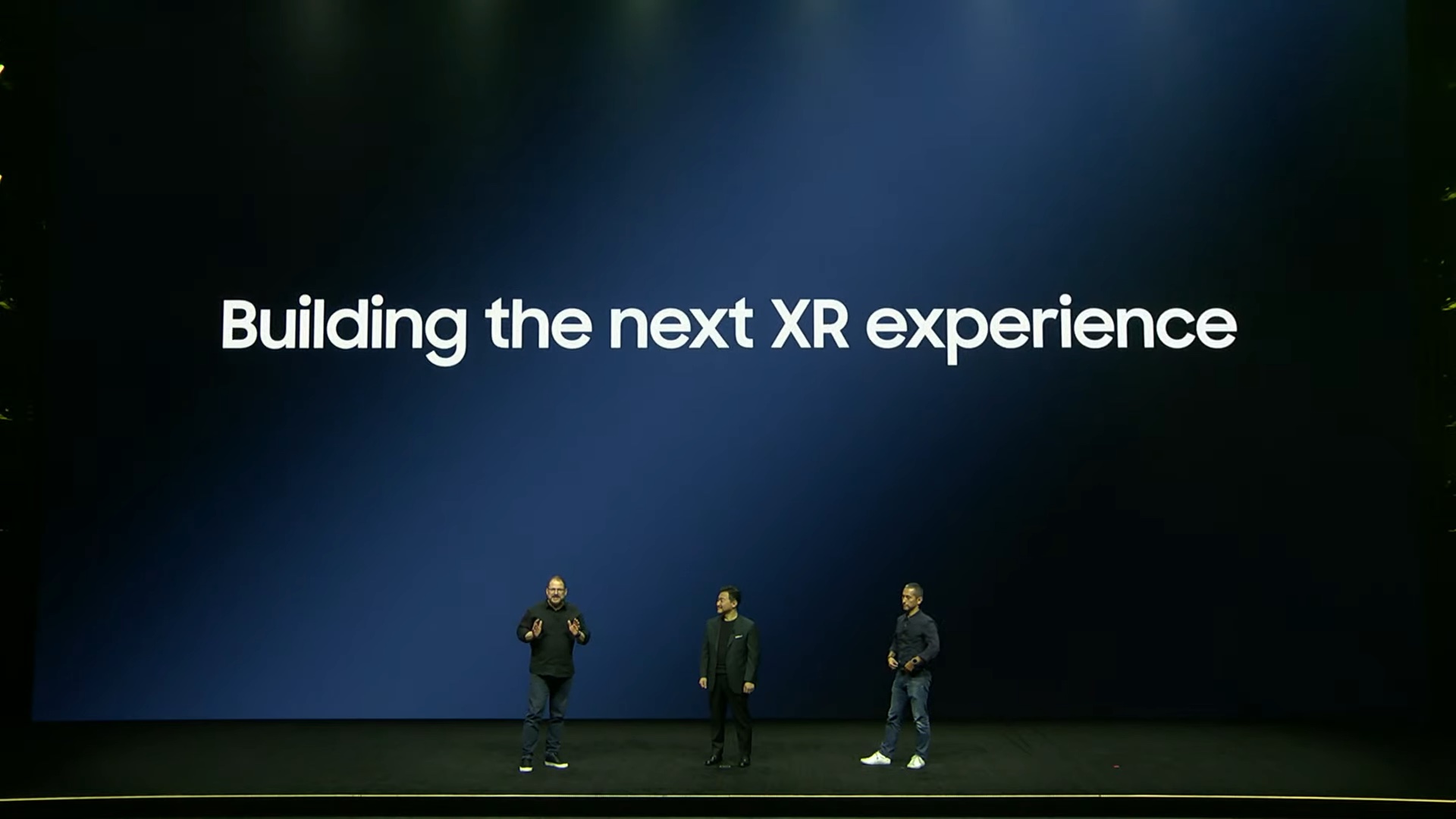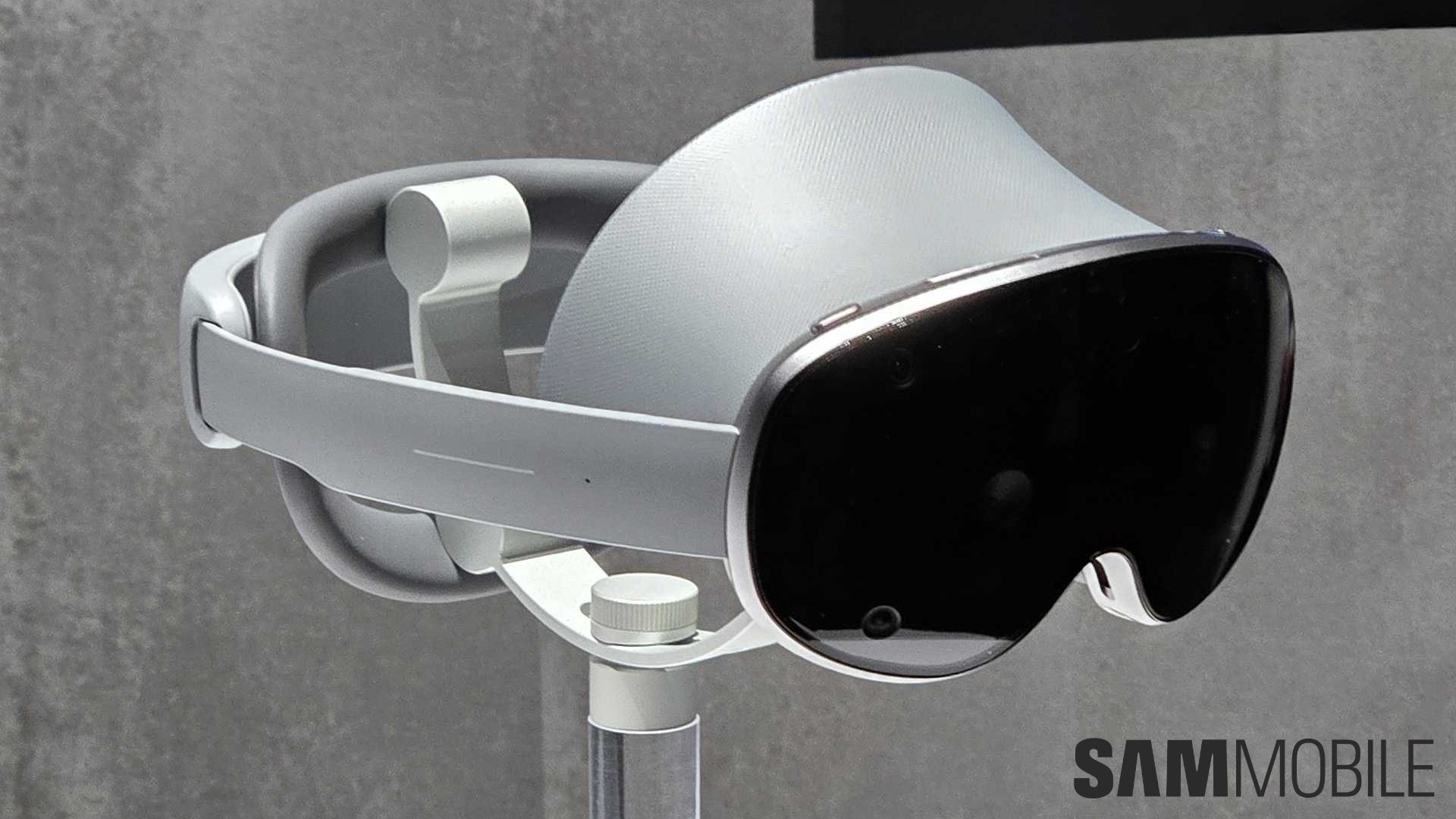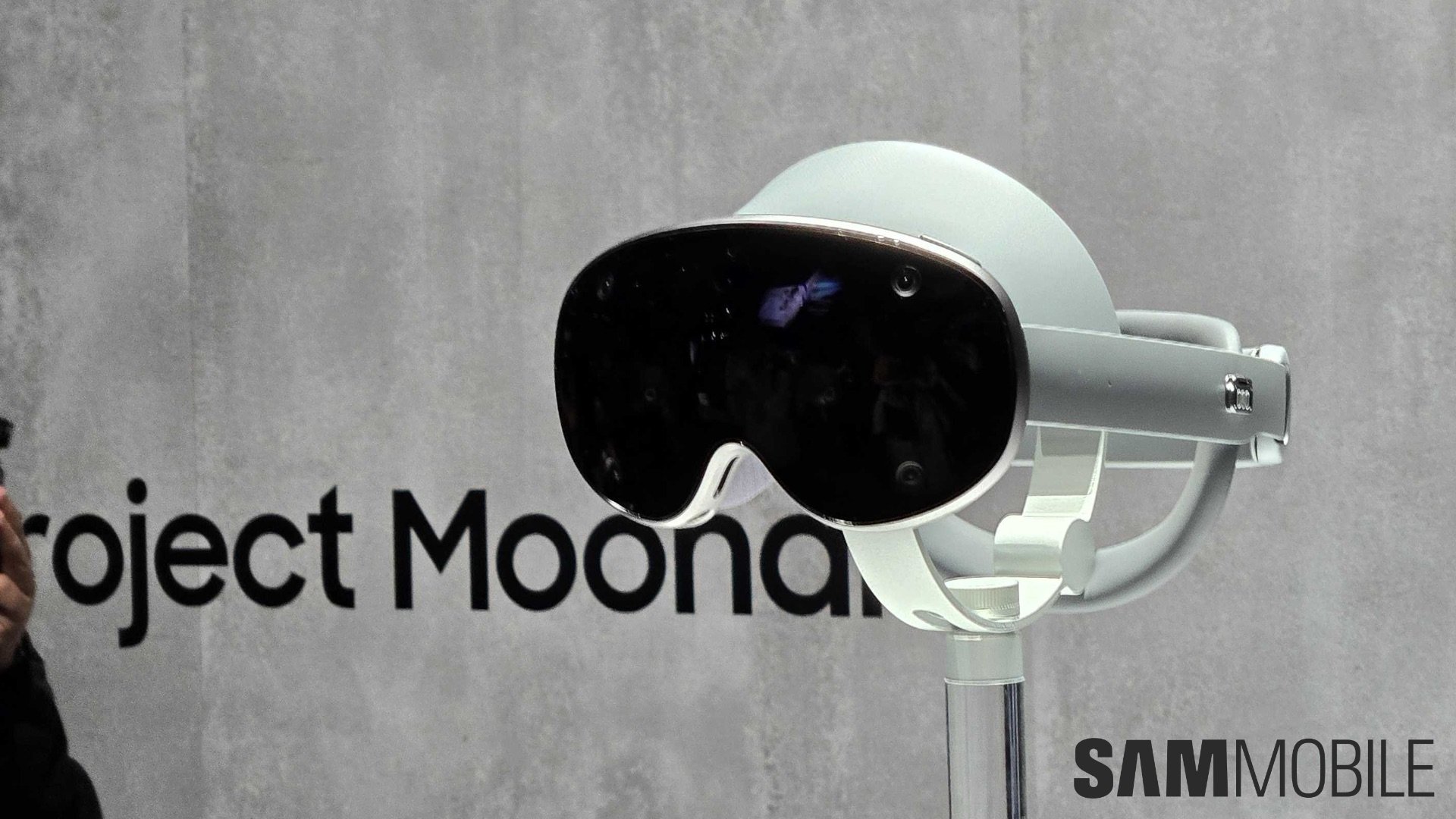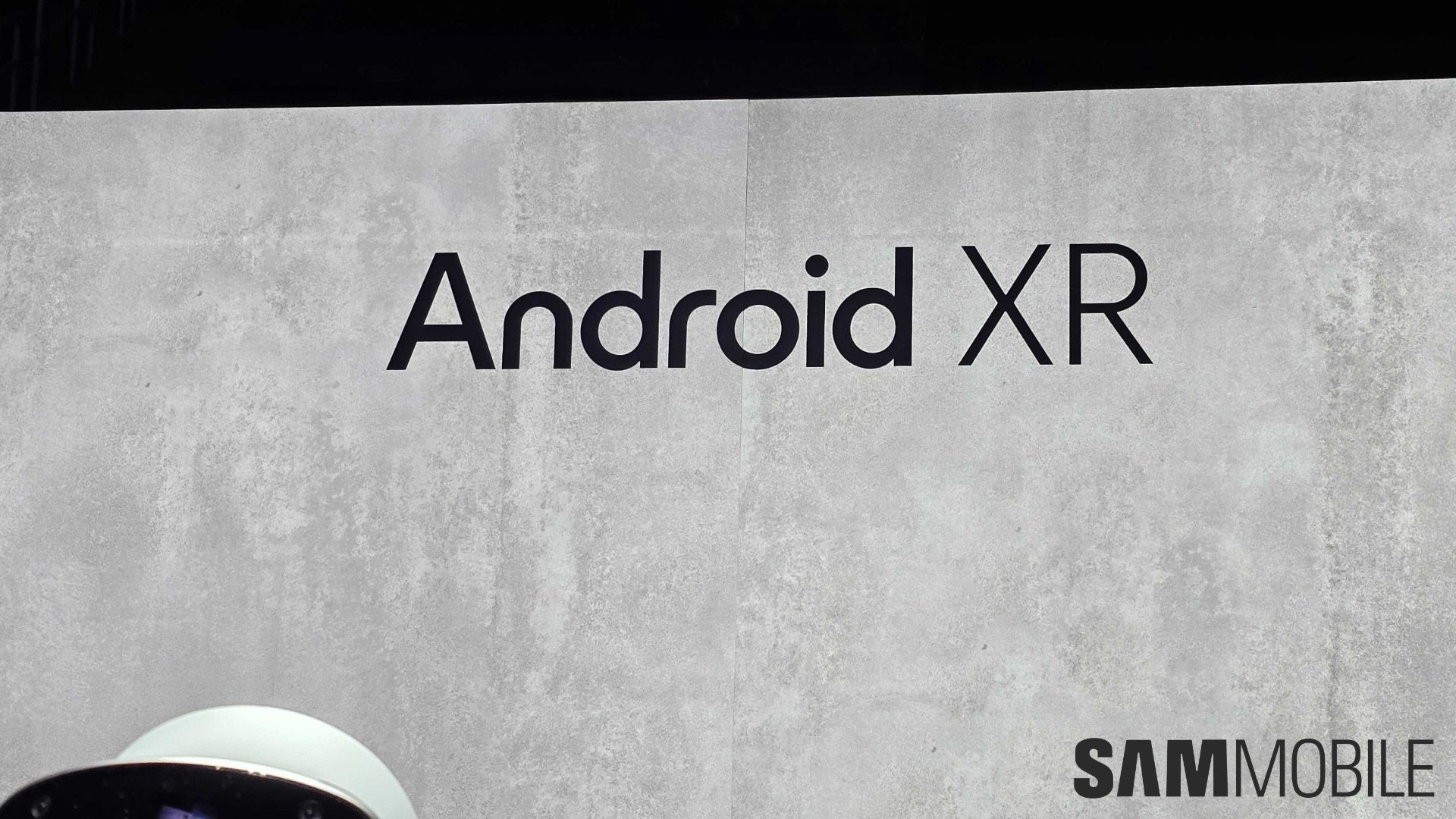
According to a report from Business Insider, Google has killed an internal project called Iris. The project involved the development of AR glasses that Google had been developing for a few years. However, the company shelved the project over the past few months after several layoffs and restructuring. Google reportedly kept changing its strategy for AR glasses, which may have caused frustration among employees working on the project. Another event that forced the company to kill Iris AR glasses was the departure of Clay Bavor, the former chief of AR and VR projects.
The Verge had once reported that Google's first AR glasses were scheduled to be launched in 2024. They were supposed to look like regular glasses, similar to North's (acquired by Google in 2020) AR glasses. Google even demoed a use case of real-time language translation last year. However, the AR glasses were never launched.
Google's Android version for AR devices will be licensed to Samsung and other brands
While the company has shelved its plans to launch AR glasses of its own, Google still has big plans for XR devices. The company is reportedly developing a version of Android for AR glasses and other mixed-reality headsets. The company hopes to adopt the same business model developed over the years for Android-based smartphones, tablets, wearables, and smart TVs. It will license its AR software to other brands, including Samsung. The project is reportedly called ‘Micro XR' for glasses.
While the AR/VR industry has been moving at a snail's pace, it received a massive bump after Apple showcased its first AR headset—Vision Pro—a few weeks ago. Samsung is expected to launch its own XR headset later this year or early next year. Samsung's semiconductor division is also working on AR chips and 3D ToF sensors. However, AR headsets are quite pricey, and they don't replace a smartphone or a PC, so it remains to be seen how many people will actually buy such devices in the future.














